8 start with N start with N
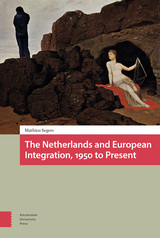

“The Holocaust…was beyond the belief and comprehension of almost all people living at the time… [It] was a notion so alien to the human mind, and even so gruesome, so new, that the instinctive, indeed the natural reaction, of most people was: ‘It can’t be true.’” Thus writes the Netherlands’ preeminent historian in this memoir and account of war and genocide. Concentrating on three central topics—the Holocaust, the resistance, and the leadership of Queen Wilhelmina—Louis de Jong recaptures the wartime experience of Holland and explains some of the more anomalous happenings.
The swift, devastating conquest of the Netherlands by the Nazis made possible three appalling weapons of control over the Dutch: fear, the dividing of people, and deception. Intending to absorb Holland into the German empire, the Nazis planned to exploit the country economically, purge it of Jews, and prevent any assistance to the Allies. They succeeded only too well. The Dutch provided substantial economic support to the Nazis, though they did so to keep men employed at home rather than being sent to work in Germany. Although the Jewish Council, which cooperated with the Nazis, assisted in the deportation of thousands of Jews to concentration camps, such zealousness reflected the innocence of an assimilated people in the face of a hitherto unexperienced, virulent antisemitism.
It was almost inconceivable that a resistance movement could operate in flat open country; nevertheless there was such a movement. De Jong recaptures a terrible time and the grim fate of a nation accustomed to centuries of peace and suddenly plunged into the Nazis’ obscene war.
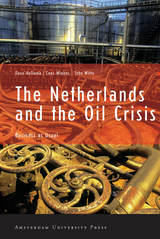
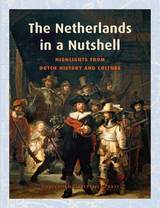
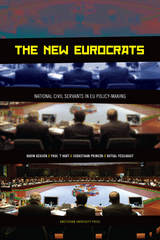

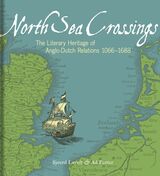
This richly illustrated book tells the story of cultural exchange between the people of the Low Countries and England in the Middle Ages and the Early Modern period, revealing how Anglo-Dutch connections changed the literary landscape on both sides of the North Sea.
Ranging from the Norman Conquest of 1066 to the “Glorious Revolution” of 1688, North Sea Crossings uncovers the lasting impact of contacts and collaborations between Dutch and English speakers on historical writing, map-making, manuscript production, and early printing. The literary heritage of Anglo-Dutch relations is explored and lavishly illustrated through a unique collection of manuscripts, early prints, maps, and other treasures from the Bodleian Library.
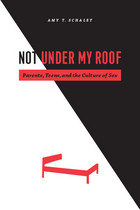
Winner of the Healthy Teen Network’s Carol Mendez Cassell Award for Excellence in Sexuality Education and the American Sociological Association's Children and Youth Section's 2012 Distinguished Scholarly Research Award
For American parents, teenage sex is something to be feared and forbidden: most would never consider allowing their children to have sex at home, and sex is a frequent source of family conflict. In the Netherlands, where teenage pregnancies are far less frequent than in the United States, parents aim above all for family cohesiveness, often permitting young couples to sleep together and providing them with contraceptives. Drawing on extensive interviews with parents and teens, Not Under My Roof offers an unprecedented, intimate account of the different ways that girls and boys in both countries negotiate love, lust, and growing up.
Tracing the roots of the parents’ divergent attitudes, Amy T. Schalet reveals how they grow out of their respective conceptions of the self, relationships, gender, autonomy, and authority. She provides a probing analysis of the way family culture shapes not just sex but also alcohol consumption and parent-teen relationships. Avoiding caricatures of permissive Europeans and puritanical Americans, Schalet shows that the Dutch require self-control from teens and parents, while Americans guide their children toward autonomous adulthood at the expense of the family bond.
READERS
Browse our collection.
PUBLISHERS
See BiblioVault's publisher services.
STUDENT SERVICES
Files for college accessibility offices.
UChicago Accessibility Resources
home | accessibility | search | about | contact us
BiblioVault ® 2001 - 2024
The University of Chicago Press









